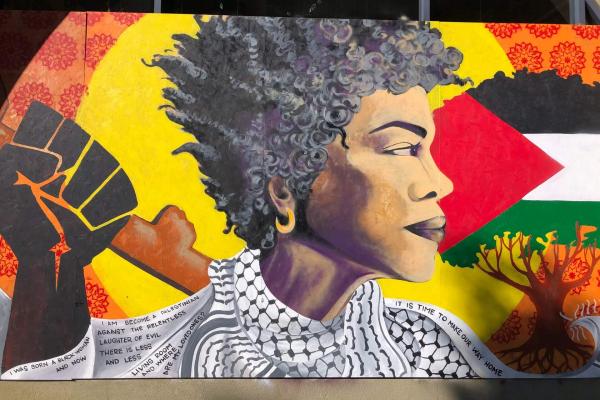Jun 14, 2021
The first time that I visited Palestine was during my senior year at a Christian liberal arts college. It was one of those “Holy Land tours.” You know the type: visit the sacred sites, avoid political chatter, and return with photos of you or someone you know getting baptized in the Jordan River. Hashtag blessed.
Read the Full Article

Already a subscriber? Login
